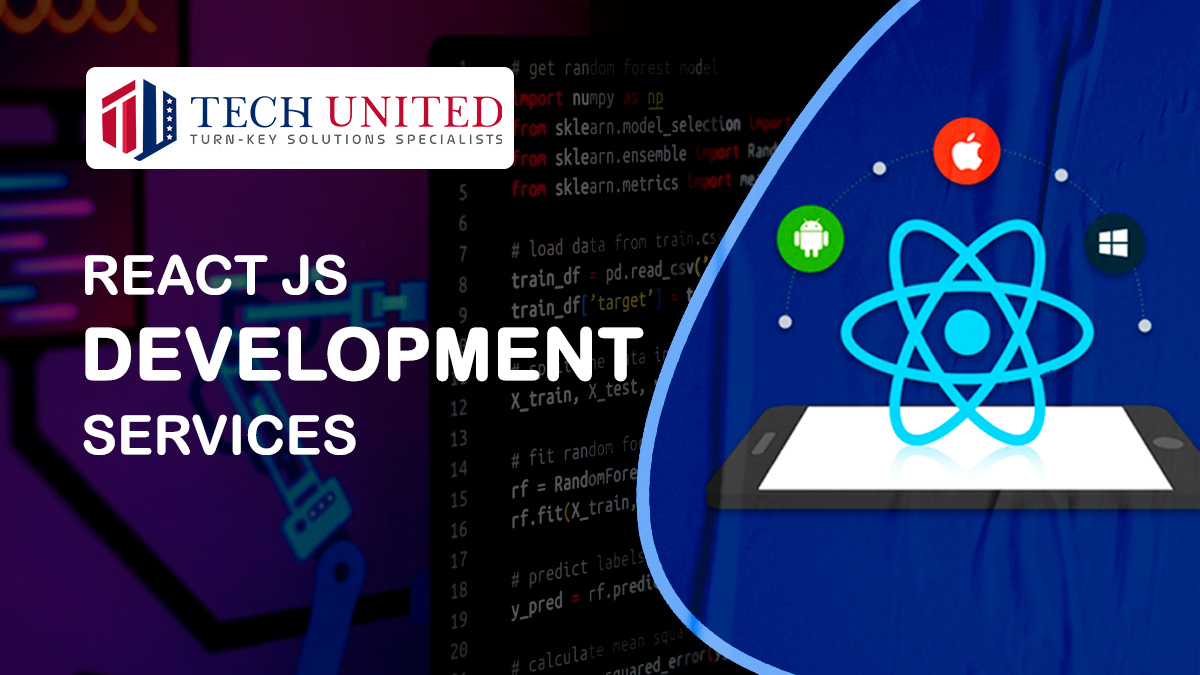Cloud services refer to a wide range of computing services, including storage, computing power, networking, databases, analytics, machine learning, and more, delivered over the internet.
These services are provided by cloud computing providers, and users can access and use them on a pay-as-you-go basis. Here are the key categories of cloud services:
1. Infrastructure as a Service (IaaS):
- Description: Provides virtualized computing resources over the internet. Users can rent virtual machines, storage, and networking components.
- Examples: Amazon Web Services (AWS) EC2, Microsoft Azure Virtual Machines, Google Cloud Compute Engine.
2. Platform as a Service (PaaS):
- Description: Offers a platform allowing customers to develop, run, and manage applications without dealing with the complexity of building and maintaining the underlying infrastructure.
- Examples: Heroku, Google App Engine, and Microsoft Azure App Service.
3. Software as a Service (SaaS):
- Description: Delivers software applications over the internet on a subscription basis. Users can access the software through a web browser without worrying about installation or maintenance.
- Examples: Salesforce, Microsoft 365, Google Workspace.
4. Function as a Service (FaaS) / Serverless Computing:
- Description: Allows developers to run individual functions or pieces of code in response to events without managing the entire infrastructure.
- Examples: AWS Lambda, Azure Functions, and Google Cloud Functions.
5. Database as a Service (DBaaS):
- Description: Provides managed database services, allowing users to run databases without managing the underlying infrastructure.
- Examples: Amazon RDS, Azure SQL Database, Google Cloud Firestore
6. Storage as a Service:
- Description: It offers scalable and durable storage solutions over the internet.
- Examples: Amazon S3, Google Cloud Storage, and Microsoft Azure Blob Storage.
7. Content Delivery Network (CDN):
- Description: Distributes content globally to reduce latency and improve load times by caching content on servers located closer to end-users.
- Examples: Cloudflare, Akamai, Amazon CloudFront.
8. Machine Learning as a Service (MLaaS):
- Description: Provides machine learning tools and services, allowing users to build, train, and deploy machine learning models.
- Examples: Google Cloud AI Platform, Azure Machine Learning, AWS SageMaker.
9. Identity as a Service (IDaaS):
- Description: Manages user identities, authentication, and authorization services in the cloud.
- Examples: Okta, Azure Active Directory, Auth0.
Cloud services enable organizations to scale resources dynamically, reduce capital expenses, and focus on innovation rather than infrastructure management. The choice of services depends on specific business needs, technical requirements, and the desired level of control and management.






